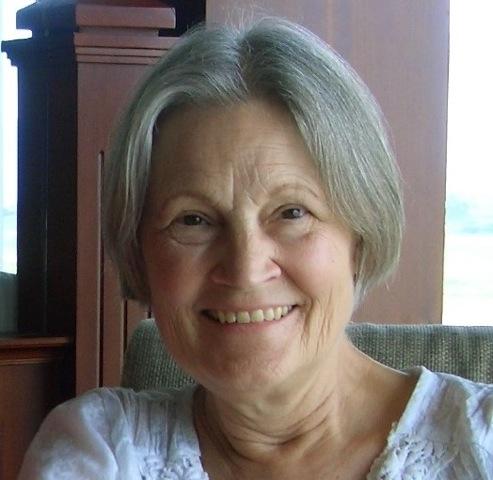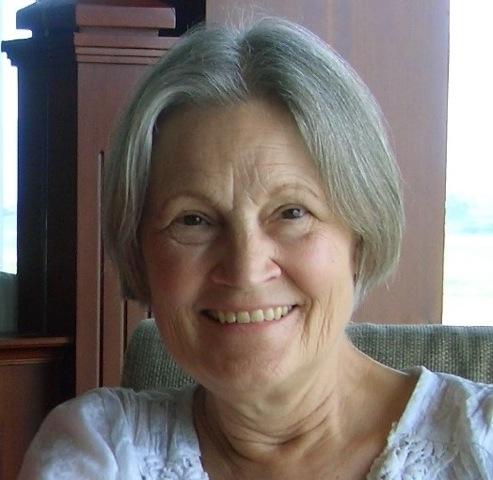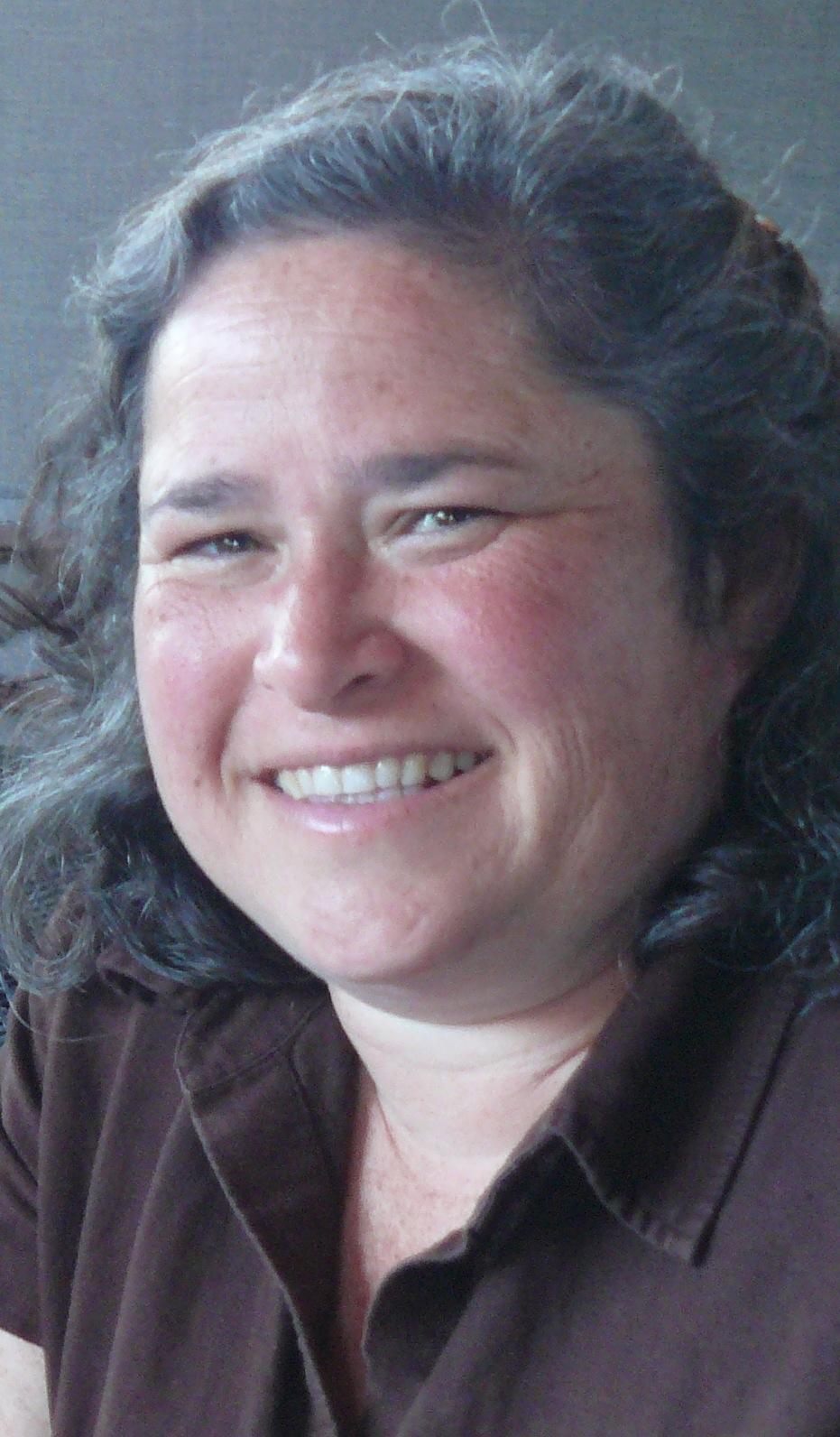Professor Katherine Morris and Professor Debora Hammond were named the 2013-2014 winners of the Bernie and Estelle Goldstein Awards for Excellence in Scholarship. The Bernie and Estelle Goldstein Awards for Excellence in Scholarship is given to the professors who have dedicated their time to help further the knowledge of current teachers, and help provide them with new development skills. The award also recognizes the safe learning environment that the professors have provided for their students.
“I was nominated by Professor Francisco Vazquez,” said Debora Hammond, Hutchins School of Liberal Studies. “There are two different awards that faculty can get. Excellence in teaching and excellence in research and scholarship. The award I got was for excellence in research and scholarship.”
“I got my undergraduate degree at Stanford University and graduate degree at University of California, Berkeley,” said Hammond. “[At Sonoma State University] I have been teaching in the Hutchins school of Liberal Studies for 17 years this spring.”
As Hammond shared information on the Hutchins school of Liberal Studies, she mentioned how there is a common misconception about the Hutchins School that she wishes to share with the student body.
Many think it is only for teachers, but it is simply a different way of learning. Instead of listening to lectures and taking a test on it, the Hutchins School is based off of discussions and seminars. It is an interdisciplinary seminar based program. She mentioned that she was in all large lecture classes as a student and she never had the opportunity to develop her own thinking. For more information one could go on the Sonoma State website and look into the Hutchins program, or speak to an advisor.
“I was able to take over this program in 2009. In my dissertation: the history of system thinking completed in 1997, I have been actively involved with an organization called the international society for the systems sciences. Through that connection I have been involved with a lot of different things. I have published a number of different articles,” said Hammond.
“My research is about organization development. The master’s program integrates systems thinking with humanistic psychology. It trains people to help facilitate change in organizations using more collaborative ways of working. It combines both understanding the structure of organizations and the relationships between people. So it has both the human and structural approach. In a way this relates to Hutchins because we are training people to interact more effectively,” said Hammond.
Hammond and Morris are very dedicated to their work and to their students. They received this award in honor of the time they put into their studies in furthering the knowledge of their students and themselves.
“Before coming to Sonoma State University, I started my career as an elementary school teacher and then continued to work as a consultant and was sent back to graduate school to study and do research on ongoing teacher learning,” said Morris, “That being said, this is my 11th year at Sonoma State University.”
Both Morris and Hammond were honored prior to receiving the Bernie and Estelle Goldstein Awards for Excellence in Scholarship.
“It means a lot to me to receive the award. At this point in the career it means a lot to get the recognition for your work,” said Hammond.
“It’s a very exciting award. As far as I understand I am the first person from the School of Education since the award started. That is really quite an honor. My primary responsibility is to work with students who are starting their elementary school credential. This award is related to both my work with the people I teach and I my work with teachers all around Northern California who already have their certification to improve their habits,” said Morris.
“I would encourage all Sonoma state students to take advantage of getting to know some of the faculty in different ways. I got to know some professors really well. I worked with them on a project. By getting to know some professors really well and asking what they were curious about, I received connections and ways of thinking about what I wanted to do next,” said Morris.





![[Both photos courtesy of sonoma.edu]
Ming-Ting Mike Lee stepped in as the new SSU president following Sakakis resignation in July 2022](https://sonomastatestar.com/wp-content/uploads/2024/04/CC4520AB-22A7-41B2-9F6F-2A2D5F76A28C-1200x1200.jpeg)




























